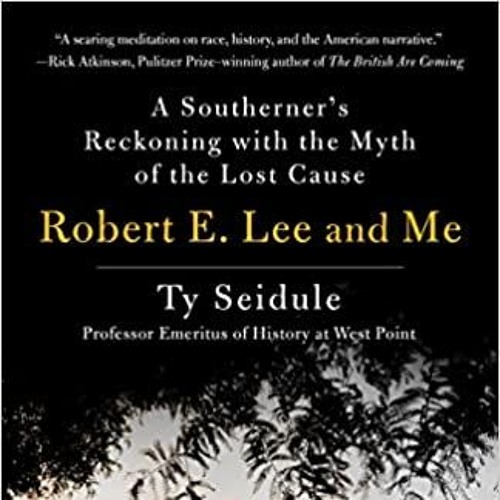
Lee Through His Private Letters by Elizabeth Brown Pryor


(Jan.Ty and I discuss his new book Robert E.

This heartfelt history has a worthy message. Some readers may question Seidule’s assertion that the tide is already turning against the Lost Cause, but he makes a valiant and well-supported effort to bring essential facts to light. He contends that, with the exception of an “extremist fringe,” most Americans who accept Confederate mythology do so out of ignorance rather than racism. Seidule also delves into the history of lynchings in Walton County, Ga., where he attended high school, and the ways in which the U.S.

Lee’s high moral character has been exaggerated and that the North won because of its strategic superiority as much as its manufacturing capabilities. Frustrated by his realization that so many white Americans from all parts of the nation have “grown up with the same myths, really lies, about the Civil War” that he learned as a child in Virginia, Seidule takes apart the bedrocks of “Lost Cause” mythology, presenting evidence that the Civil War was truly about slavery, not states’ rights that Robert E. West Point history professor emeritus Seidule (coeditor, West Point History of the American Revolution) delivers a ruminative and carefully researched look at how the Confederacy is understood and memorialized a century and a half after its defeat.


 0 kommentar(er)
0 kommentar(er)
